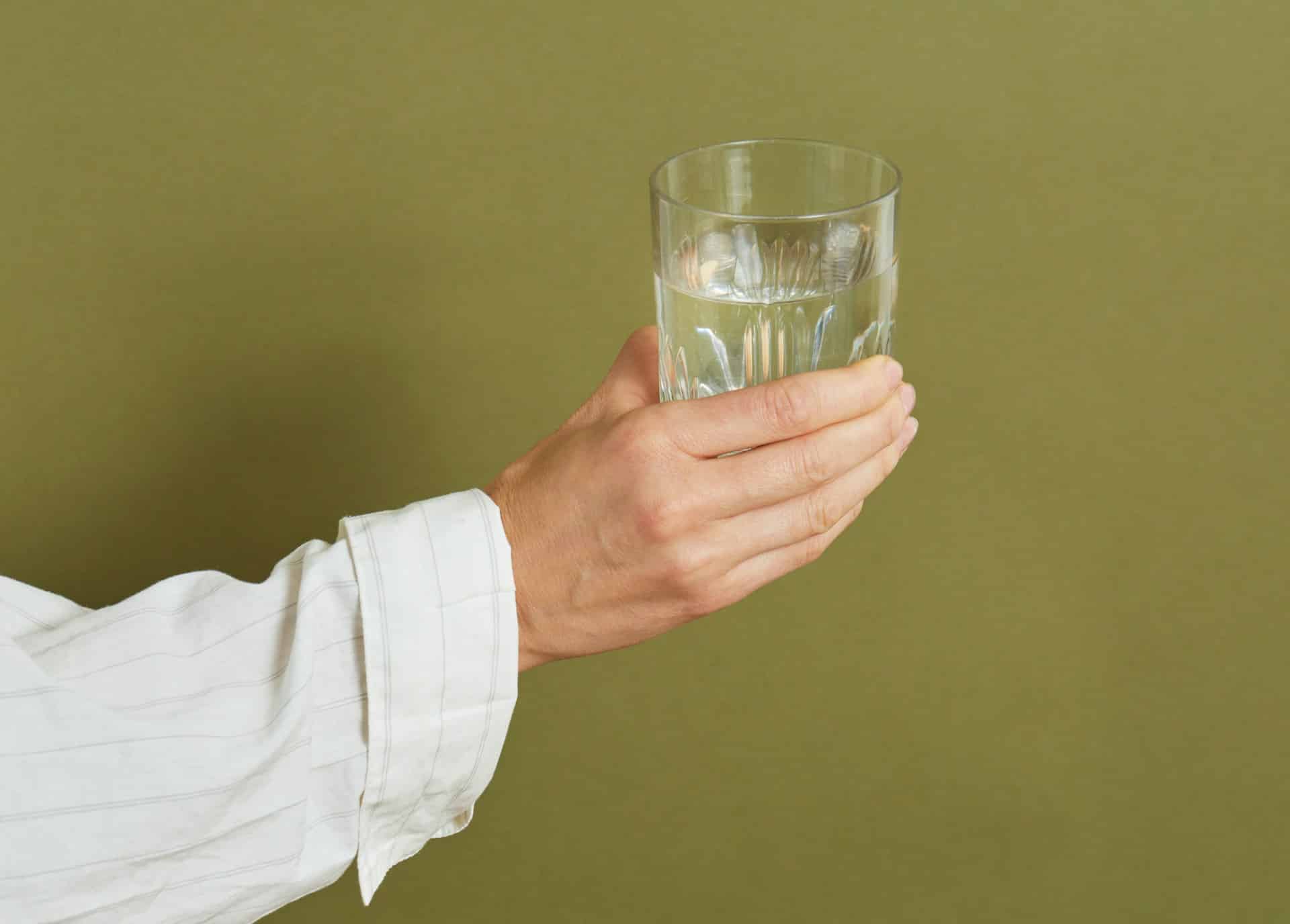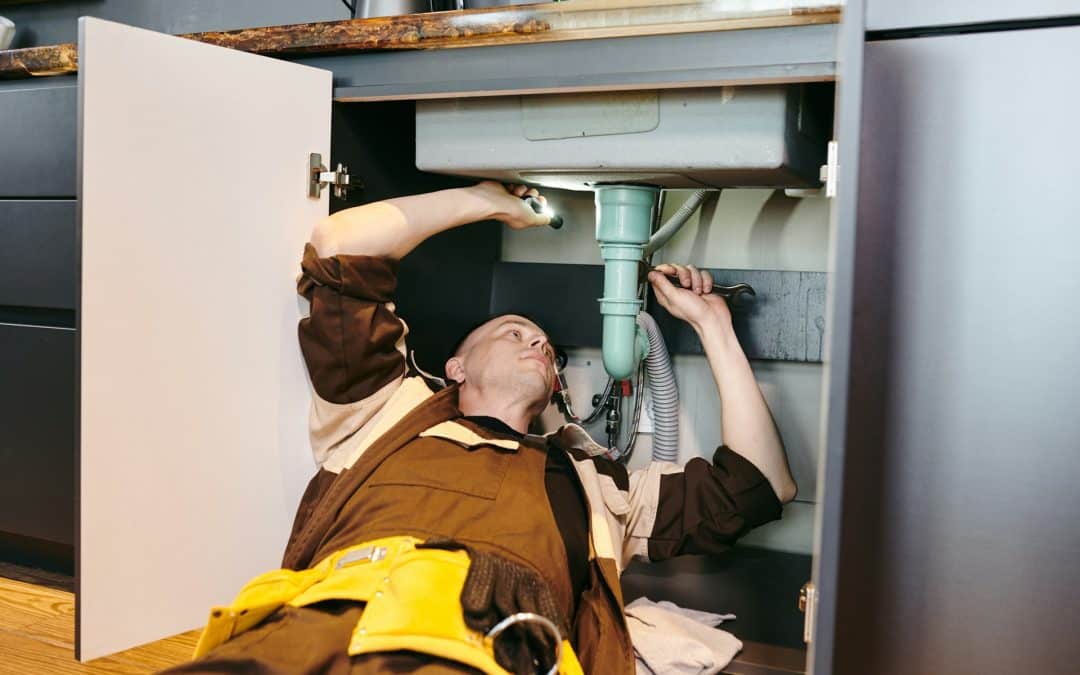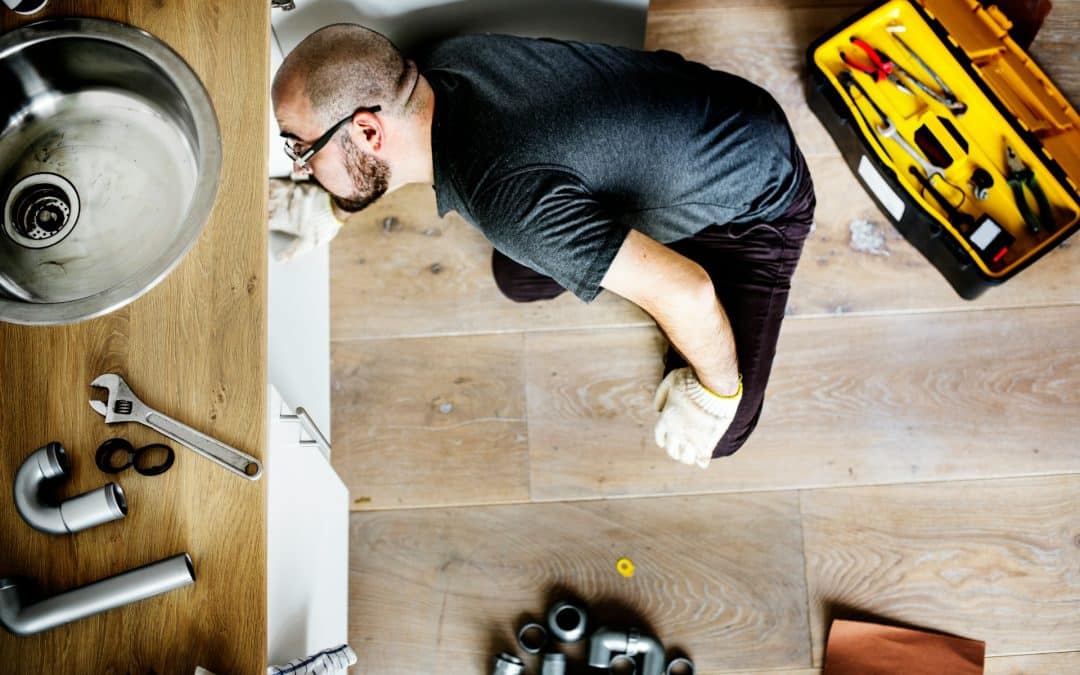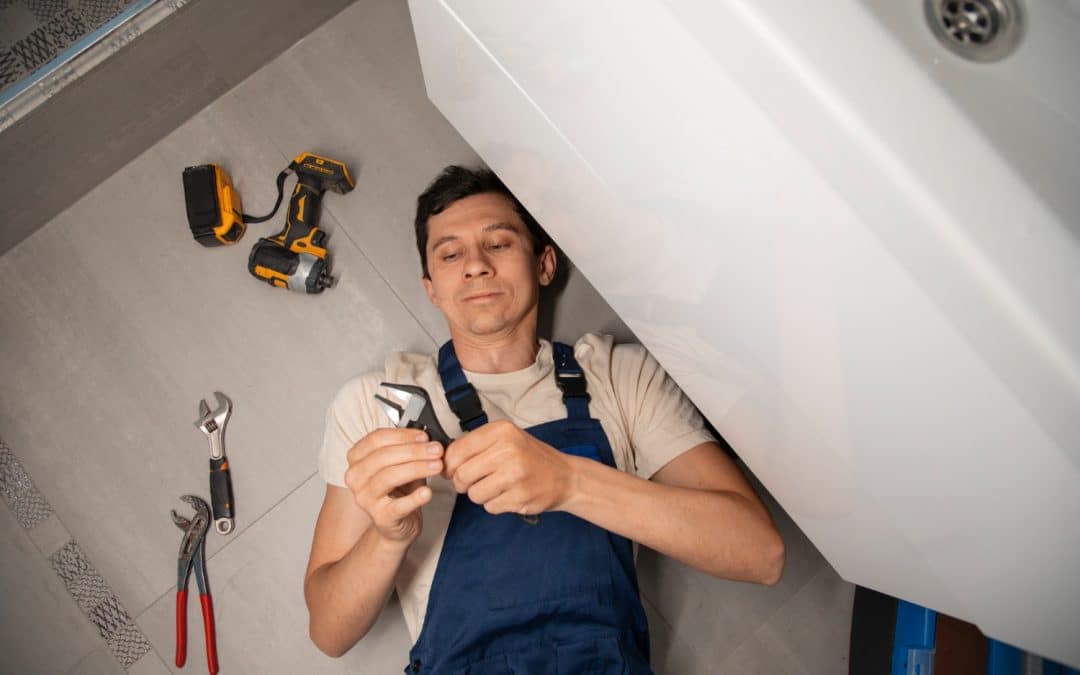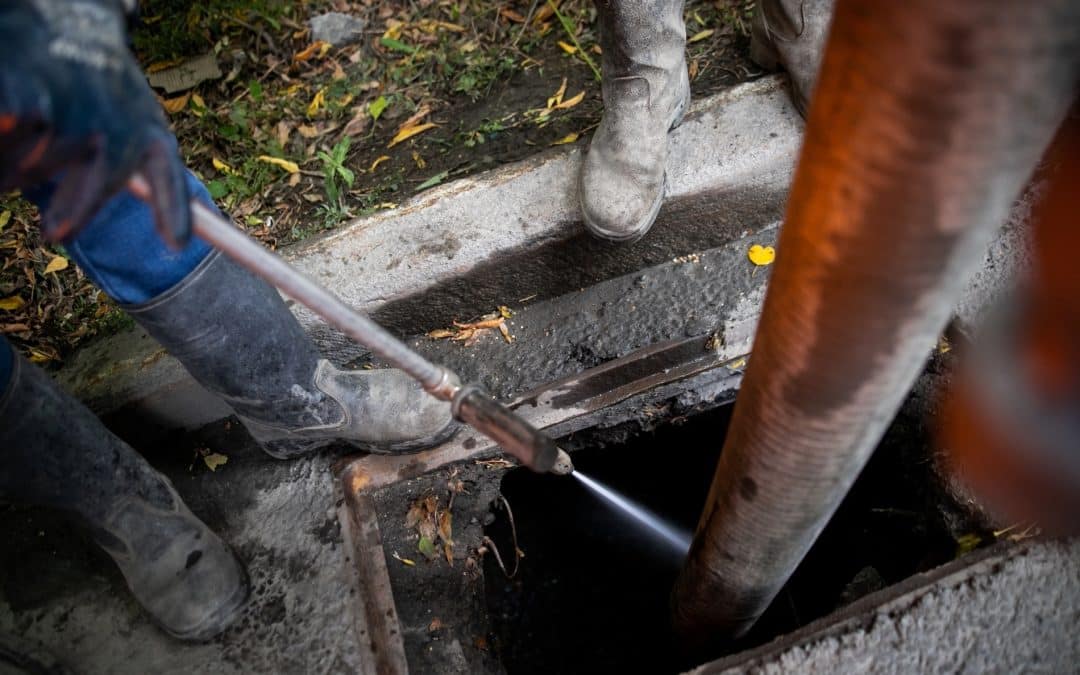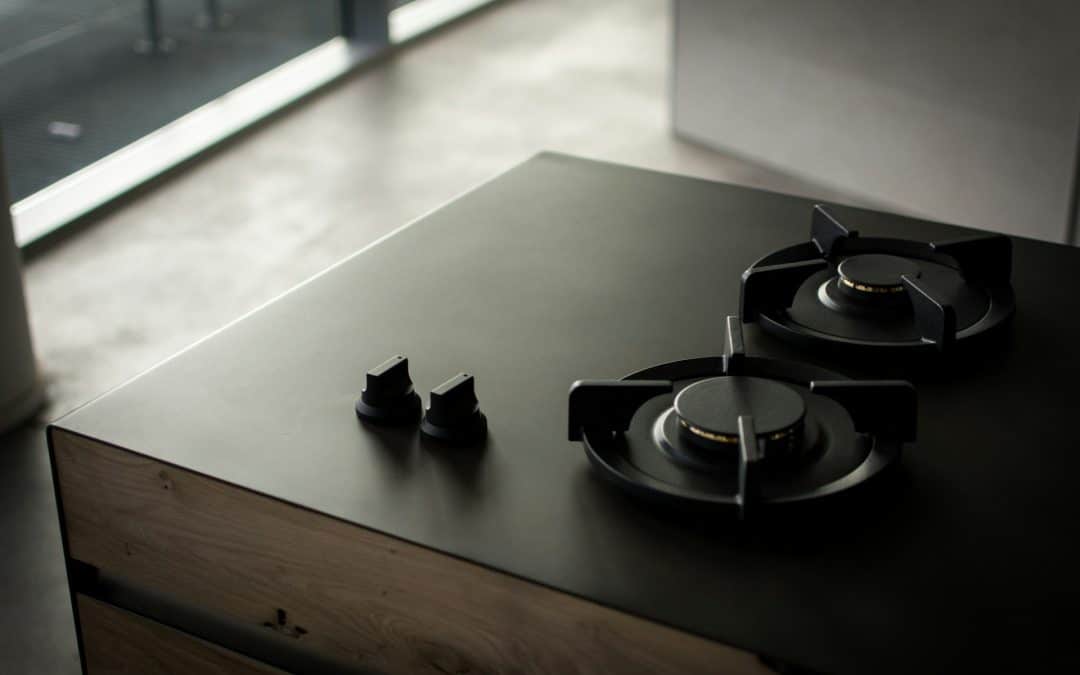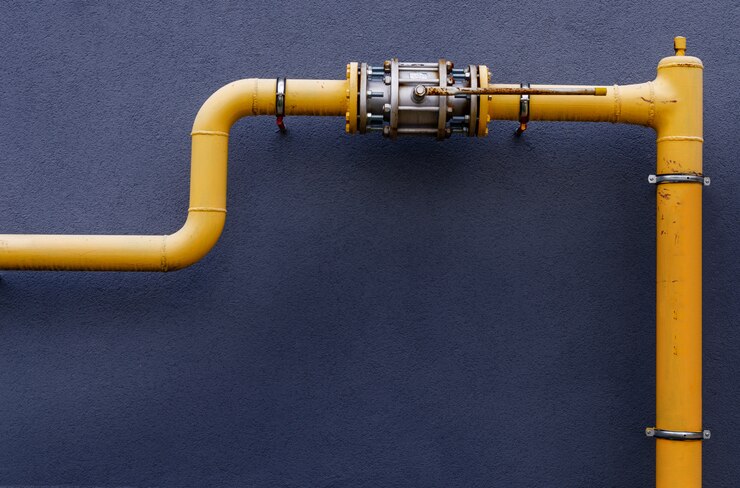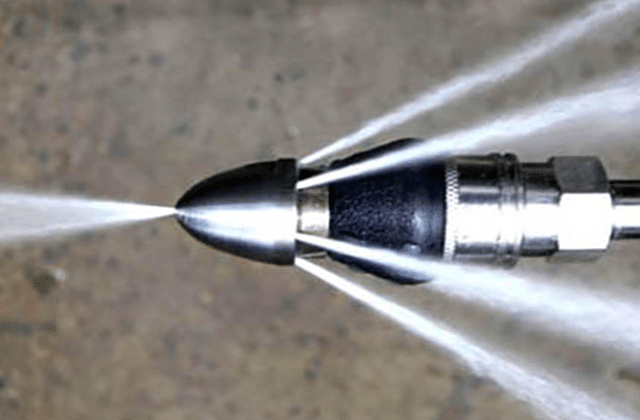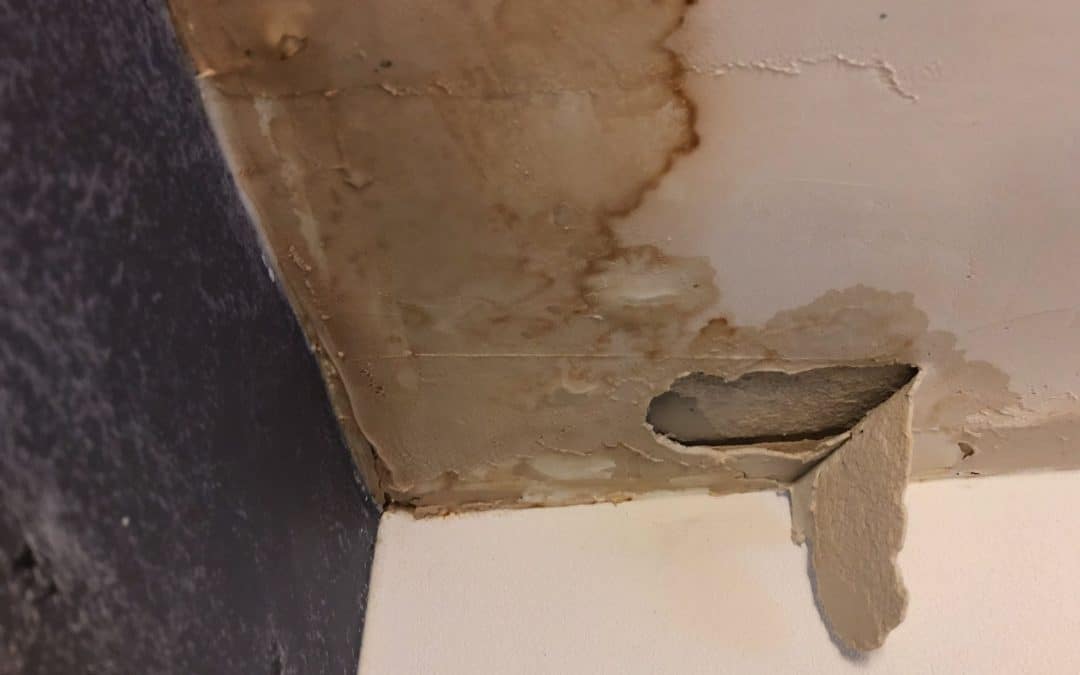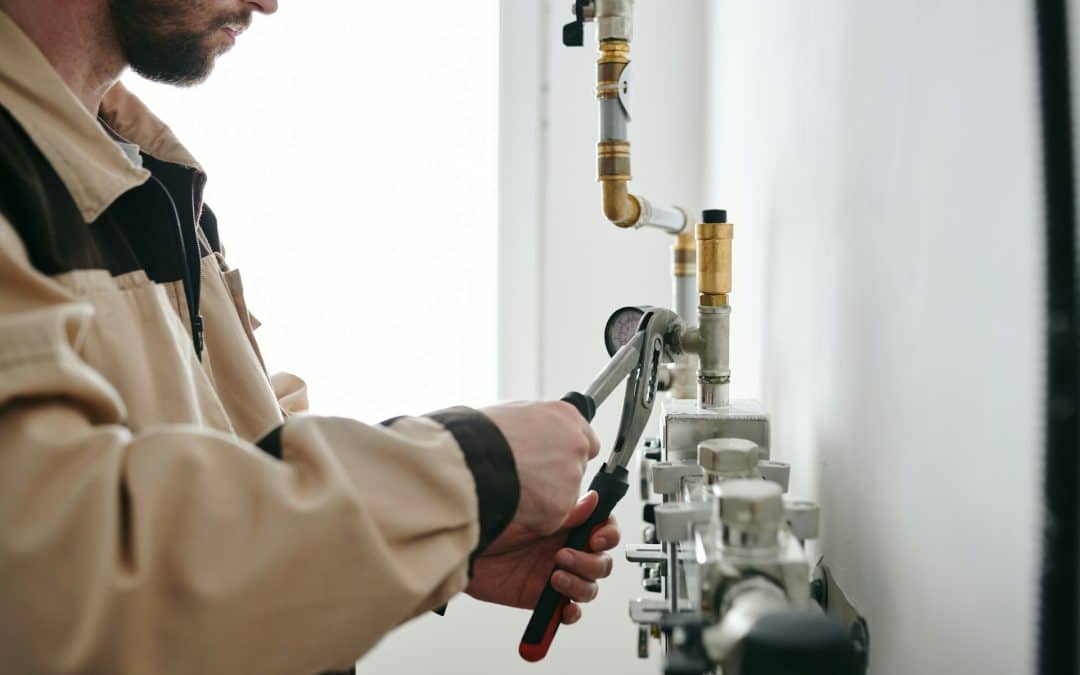Are you dealing with dry skin, dull hair, or stubborn soap scum in your home? These could be signs of hard water. Hard water contains high levels of minerals like calcium and magnesium, which can cause a range of issues for your skin, appliances, and plumbing. A water softener might be the solution you need to improve your water quality and protect your home.
Water softeners are devices designed to reduce the hardness of water. They work by removing the excess minerals that cause water to be hard. By installing a water softener, you can enjoy softer skin and hair, cleaner dishes, and longer-lasting appliances. Water softeners are beneficial for both residential and commercial plumbing systems, making them a versatile option for various settings.
In this article, we’ll dive into what water softeners are and how they work. We’ll also help you identify if your home might benefit from a water softener. With different types of water softeners available, we’ll guide you through choosing the right one for your needs. Finally, we’ll provide tips on maintaining your water softener to ensure it operates efficiently. Understanding water softeners can help you make an informed decision to improve your home’s water quality.
What Are Water Softeners and How Do They Work?
Definition of Water Softeners
Water softeners are devices installed in homes to treat hard water. Hard water is water that contains high levels of minerals such as calcium and magnesium. These minerals can cause a variety of problems in your home, including scaling on pipes, spots on dishes, and dry skin. A water softener helps by removing these minerals, making the water “soft.” This soft water is gentler on your plumbing and your skin.
How Water Softeners Function
Water softeners work through a process called ion exchange. The system contains a mineral tank filled with resin beads that have a negative charge. The calcium and magnesium ions in the water are positively charged. As hard water passes through the tank, the positive ions are attracted to the negative resin beads. The minerals stick to the beads while the softened water flows out for household use. Over time, the resin beads become saturated with minerals. When this happens, the system performs a regeneration cycle using a brine solution, which replaces the calcium and magnesium ions on the beads with sodium ions. This refreshes the resin beads so they can keep softening the water.
Benefits of Using a Water Softener
Using a water softener comes with several benefits. First, it extends the life of your plumbing system by reducing the build-up of scale in your pipes and appliances. This means fewer repairs and longer-lasting appliances. Second, soft water makes cleaning easier. Dishes come out spotless, clothes feel softer, and soap lathers better. Finally, bathing in soft water is gentler on your skin and hair. You won’t have to deal with the dryness or irritation that hard water can cause.
Signs You Might Need a Water Softener
Identifying Hard Water Symptoms
To know if you need a water softener, first identify the symptoms of hard water. One common sign is white, chalky spots on your dishes and glassware after washing. These spots are mineral deposits left behind when the water dries. Another sign is the presence of soap scum in your sinks, tubs, and showers. It forms when soap reacts with the calcium in hard water, creating a dirty, hard-to-clean residue.
Impact of Hard Water on Appliances
Hard water also affects your appliances. If you notice that your washing machine or dishwasher isn’t cleaning as well as it used to, hard water could be the culprit. Mineral build-up can clog and damage these appliances, reducing their efficiency and lifespan. Your water heater is also vulnerable. Limescale deposits can accumulate inside, making it harder to heat water and increasing your energy bills.
Effects on Skin and Hair
Using hard water affects your skin and hair, too. The minerals can make it difficult for soap and shampoo to rinse off completely, leaving a residue that causes dryness and irritation. You might find your hair feeling rough and looking dull. Your skin may feel itchy and tight after a shower. If you’re experiencing these issues, a water softener can provide noticeable relief.
Understanding these signs can help you decide if a water softener is right for your home. By addressing the problems caused by hard water, you can improve the quality of life for you and your family.
Types of Water Softeners
Salt-Based Water Softeners
Salt-based water softeners are the most common type. They use a process called ion exchange to remove hard minerals from the water. Inside the system, resin beads trap calcium and magnesium ions and replace them with sodium ions. This process effectively softens the water, making it easier on your pipes and appliances. However, these systems require regular maintenance, such as replenishing the salt and occasionally cleaning the tank.
Salt-Free Water Softeners
Salt-free water softeners, also known as water conditioners, use a different method to treat hard water. Instead of removing the minerals, these systems alter their structure so they don’t stick to surfaces. This prevents scale build-up in your pipes and appliances. These softeners are a good option for those who want to avoid adding sodium to their water. They require less maintenance than salt-based systems and don’t need salt refills.
Magnetic and Electronic Descalers
Magnetic and electronic descalers are another option for treating hard water. These devices use magnetic fields or electronic pulses to change the properties of the minerals in the water. This prevents the minerals from forming scale. While these systems can be effective in reducing scale build-up, they may not work as well as salt-based or salt-free softeners in areas with extremely hard water. They also require little maintenance and don’t alter the taste of the water.
Choosing and Maintaining a Water Softener
Factors to Consider When Choosing a Water Softener
When choosing a water softener, consider the hardness level of your water. You can test this with a simple hardness test kit. Also, think about the size of your household and your water usage. Larger households may need a system with a higher capacity. Another factor is the type of water softener that suits your needs—whether it’s salt-based, salt-free, or a descaler. Cost and maintenance requirements are also important. Ensure the system fits your budget and that you can handle the ongoing maintenance.
Installation Tips
Installing a water softener might seem complicated, but with the right guidance, it can be straightforward. First, choose a location near your water’s entry point in the home, usually in the basement or utility room. Turn off the main water supply before starting. Attach the water softener to your plumbing system following the manufacturer’s instructions. Connect the unit to a drain for the brine solution. Once installed, run the system through a regeneration cycle to prime it.
Regular Maintenance Practices
To keep your water softener running smoothly, follow regular maintenance practices. For salt-based systems, check the salt levels monthly and add more when necessary. Clean the brine tank periodically to prevent salt build-up. For salt-free systems, ensure the filters are replaced as recommended by the manufacturer. Regularly inspect your system for any signs of wear or leaks. Following these steps will help your water softener last longer and work more efficiently.
Conclusion
Deciding to install a water softener can greatly improve the quality of life in your home. It addresses the issues caused by hard water, such as dry skin, dull hair, and scale build-up in pipes and appliances. By understanding the different types of water softeners—salt-based, salt-free, and descalers—you can choose the best option for your needs. Proper installation and regular maintenance ensure that your water stays soft and beneficial for years to come.
If you’re experiencing the drawbacks of hard water and considering a water softener, turn to Plumbing Kings LLC. Our team of experts can help you choose and install the right system for your home. Don’t let hard water issues affect your daily life—contact Plumbing Kings LLC today for a consultation and take the first step towards softer, more manageable water in your home.

